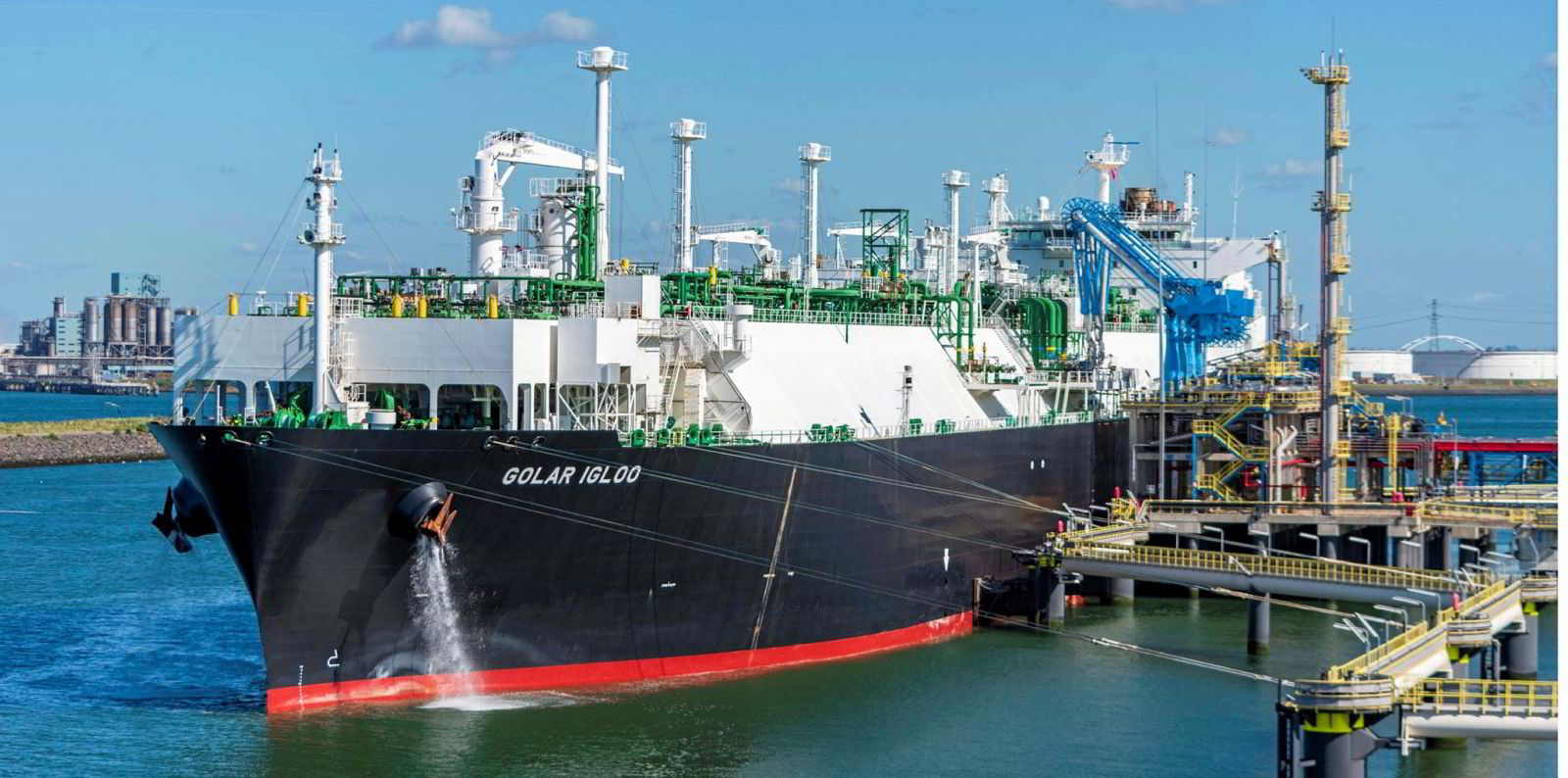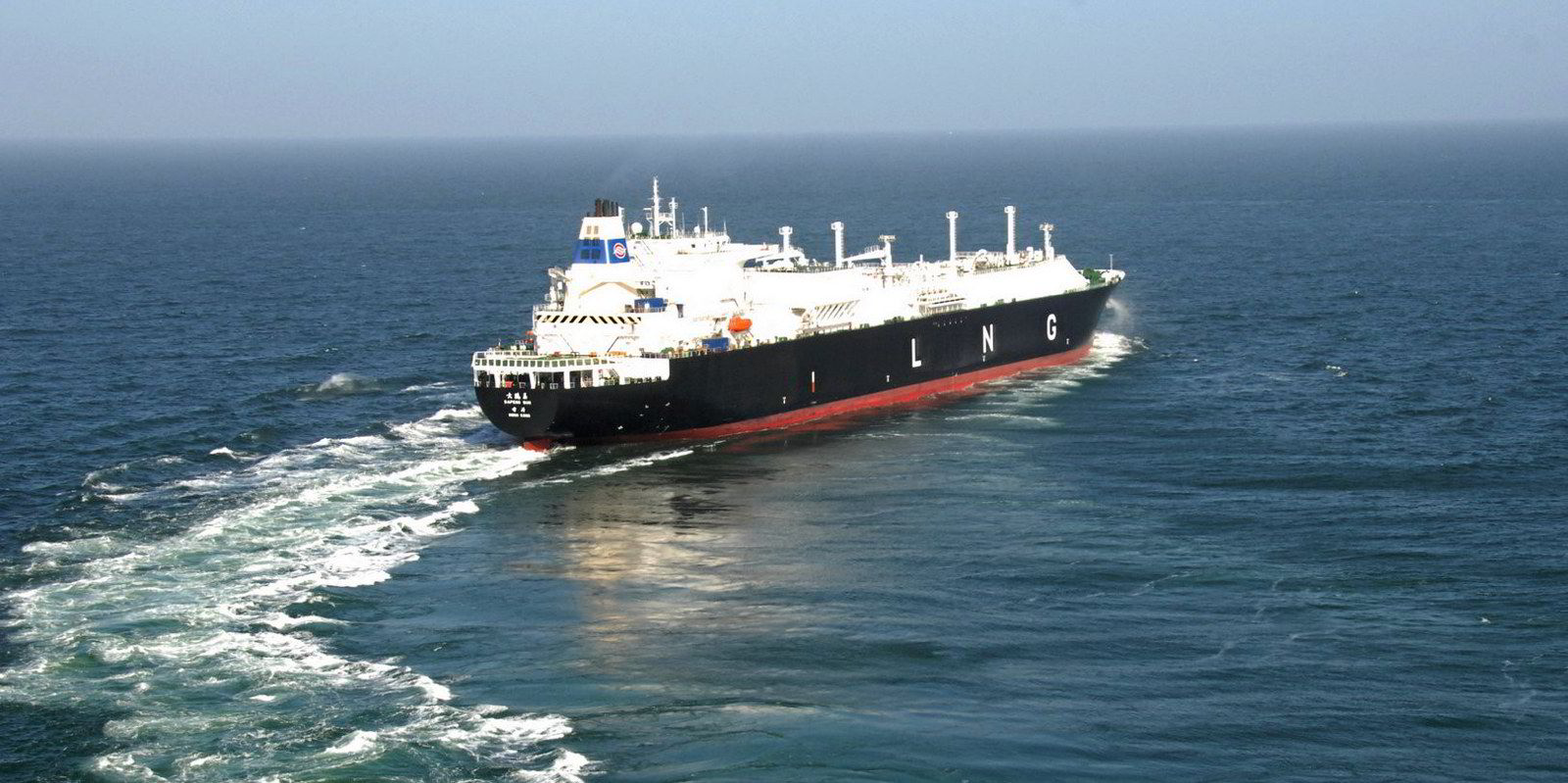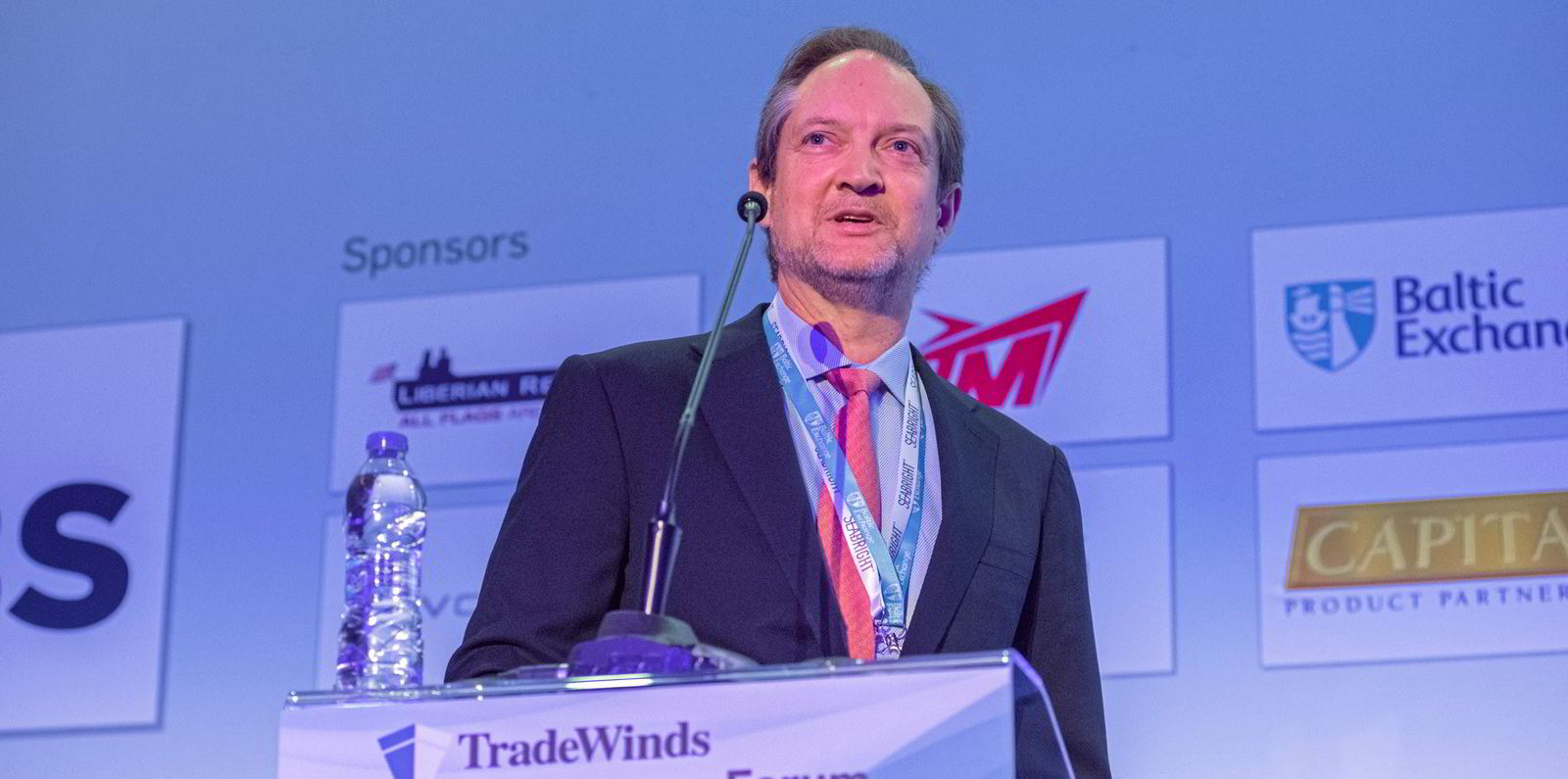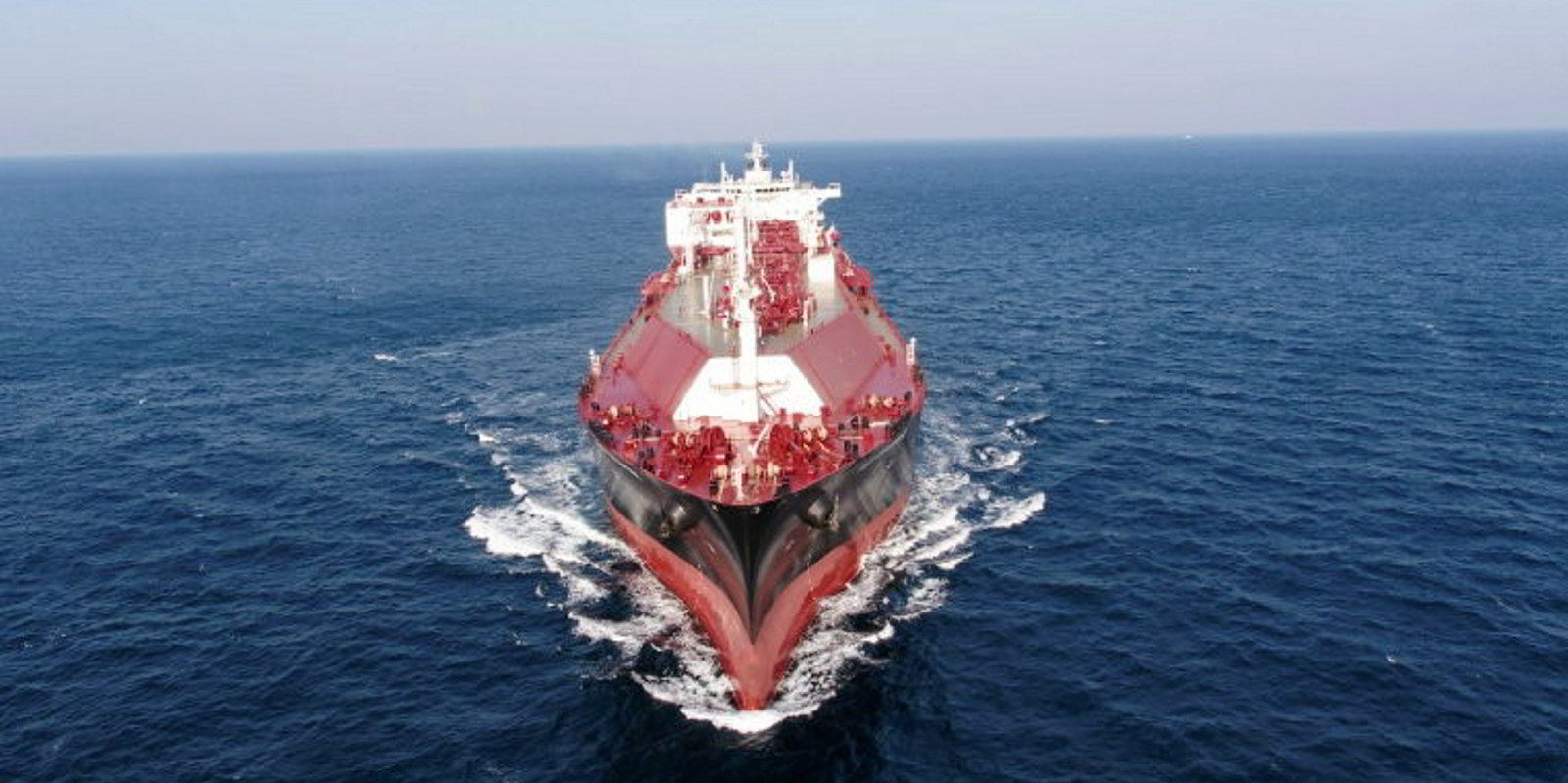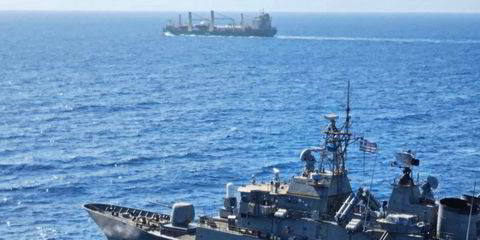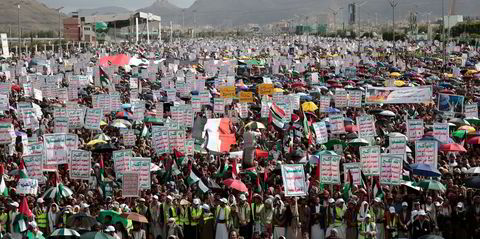New floating storage and regasification units being positioned in Europe risk becoming stranded assets unless supply for them can be lined up in the near term, according to broker and consultant Poten & Partners.
Speaking in a webinar focused on the recent supply shocks seen in the LNG market, Poten global head of business intelligence Jason Feer said Germany, the Netherlands and Finland are hoping to have FSRUs installed before or over the winter.
Poten’s senior analyst for European business intelligence Piers de Wilde said the recent decisions to install FSRUs by European countries looks like a logical decision and one that needed to be taken. But he posed the question of what happens if there is a strong pick-up in Asian demand for LNG.
“A lot of European counterparties are expecting quite a brutal Q3,” De Wilde said.
He said that if these FSRUs cannot compete then they could become “stranded assets”.
Feer said the choice to install FSRUs seems like a political solution where governments have been “under the gun” to do something to ensure gas supply following Russia’s invasion of Ukraine in February.
He said that over time they will get supply but the infrastructure might not get used in the short term. “Finding additional supply is going to be the hard thing,” he said.
Feer said Poten is expecting to see “pretty significant” competition for LNG supply in 2023.

Poten’s head of data analytics Kristen Holmquist said the loss of production from Freeport amounts to around 1 million tonnes per month. Freeport has said it will be 90 days before it can restart production equating to a loss of 3 million tonnes of LNG.
Holmquist said: “It is going to have a large effect on the market because the market is already tight.”
She said it is going to “tough” for other US projects to make up the difference although there might be some incremental tonnes of production.
De Wilde described the European LNG market as “very edgy” at present and “all out of line” for this time of year.
He said Europe has become even more reliant on LNG as the option for switching to pipeline gas is diminishing.
De Wilde said the market is seeing governments across Europe rollback on coal policies to get power plants up and running and provide some assurance on the lack of gas coming in.
He said there is attention on when China, Japan and Korea will start buying LNG again.
Head of Asia Pacific Business Intelligence Kit Ling Wong said China will likely return to market to start buying to start restocking inventories in August to September.
Wong said there is a question of how much China will buy for this winter at the current elevated prices.
Poten is forecasting a drop in Asian LNG demand for 2022 over that seen in the previous year as Europe pulls volumes into the Atlantic. But expects Europe’s buying to drop back from 2023 to 2025.
The broker and consultant has revised its forecast on LNG supply upwards on the back of new US and Qatari projects. It was originally forecasting an increase of around 10-million tonnes each year in the 2023 to 2026 period but has now upped this to 15 to 18 million tonnes.
But Feer warns that there will be no “significant increases” in liquefaction capacity until 2026.
Wong pointed to Qatar’s recent announcements on its four train Northfield Expansion project and said Shell is expected to join the line up of TotalEnergies, ENI and ExxonMobil as partners on this.
She said the Qataris are “on track” to bring the whole expansion on stream in 2026.
Wong said Poten is also expecting Qatar to announce plans for its 33-million tonnes per annum Northfield South expansion soon.
But she cautioned that the Middle East producer is unlikely to deviate from its desire to sell volumes under long term contracts.
Feer highlighted the “volatility” seen on LNG shipping in 2022 as charterers signed up to long-term deals taking vessels off the market.
But he said the market has recently seen a dip in demand caused in part by the outage at the Freeport LNG plant in the US which has reduced tonne-mile demand and taken a bit of edge off the market
